June 4, 2025 | 15:08 GMT +7
June 4, 2025 | 15:08 GMT +7
Hotline: 0913.378.918
June 4, 2025 | 15:08 GMT +7
Hotline: 0913.378.918
On World Environment Day 2025, celebrated under the theme Beat Plastic Pollution, we are reminded that addressing plastic pollution is not merely an environmental imperative. It is a shared opportunity to foster responsibility, rethink how we produce and consume, and build a future that is sustainable, inclusive, and resilient. For Viet Nam, this challenge is significant and deeply meaningful. From coastlines to rivers to communities, the impacts of plastic waste and pollution are increasingly visible, affecting the natural environment, public health, and quality of life. As we seek effective and scalable solutions, it is crucial to combine global insights with the strength of our own national experience. One such solution for consideration is the Deposit Return System, or DRS.
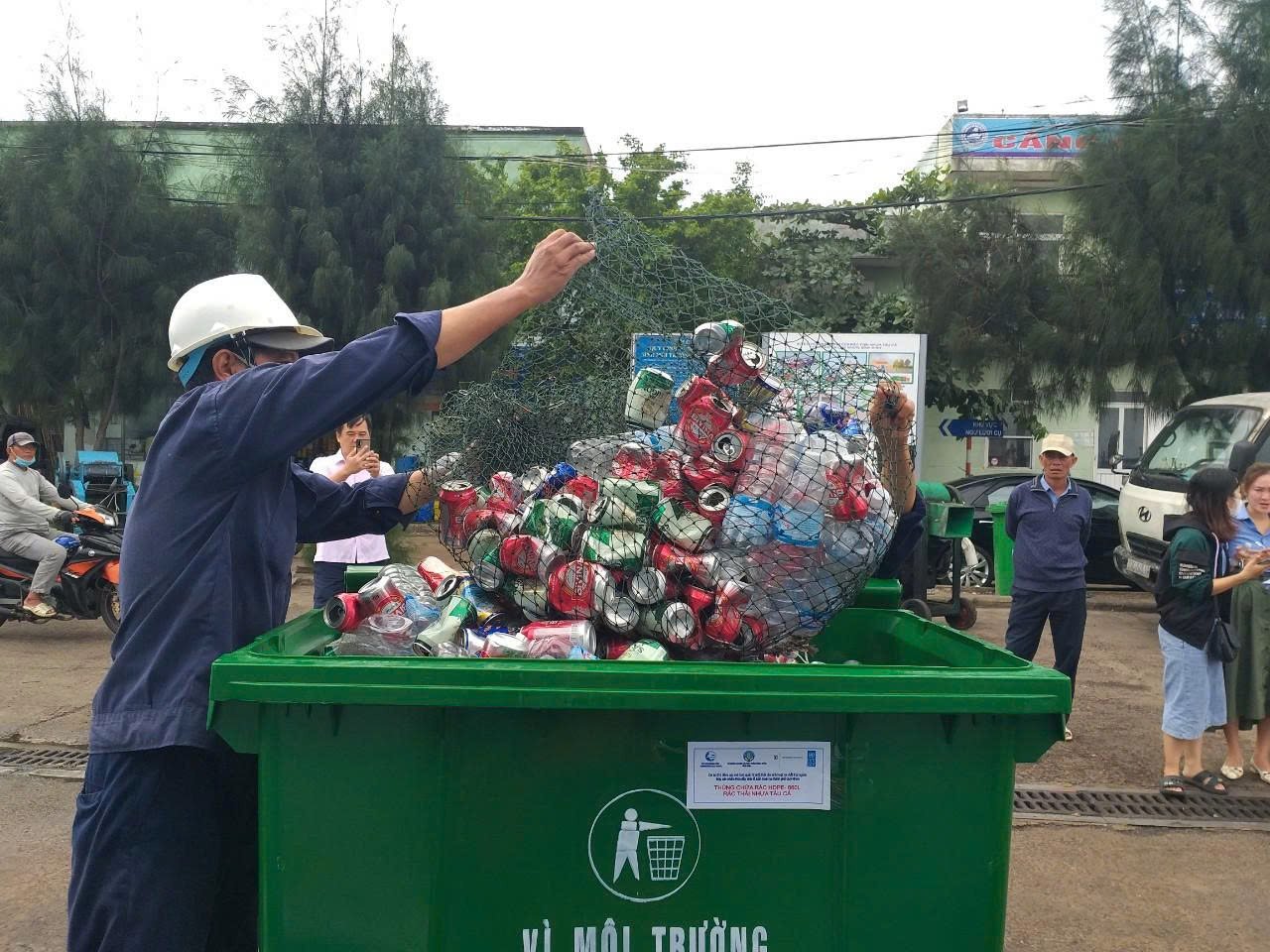
UNDP and Norway have implemented several initiatives improve waste collection and sorting, and promote recycling. Photo: UNDP in Viet Nam.
The idea behind the Deposit Return System is not unfamiliar to Vietnamese. Many will remember the informal bottle return practices of the 1990s and early 2000s: when buying a glass bottle of beer or soda came with an unspoken norm: the bottle would be returned, reused or refilled. It was a simple yet effective system where shops did not merely sell a product but entrusted customers with a reusable container, expecting it to come back. This created a natural cycle of responsibility, reinforced by social norms and practical necessity. Materials had value and returning them was second nature.
As Viet Nam’s economy grew and plastic packaging became more widespread, this cycle was disrupted. Convenience replaced reuse. But the past offers valuable insight: it shows how circular systems can work and that they can be rooted in everyday life. It also reminded us that DRS can be adapted to a modern context by balancing innovation with tradition, and progress with responsibility.
DRS offers a pragmatic and proven solution. By placing a refundable deposit on beverage containers, it creates a financial incentive for consumers to return them rather than discard them. Globally, DRS has proven to be an effective tool for reducing plastic waste. In Norway, for example DRS achieved return rates of 93% in 2024, demonstrating how well-designed policy can drive real change
DRS can significantly enhance circular solutions in Viet Nam. First, it introduces a much-needed economic tool to increase collection and recycling rates, which is currently 22%. Second, returning the bottles increases the quality of recycled materials by minimizing contamination from mixed waste, and thereby, thirdly, reducing the need for downcycling and supporting higher-value recycling.
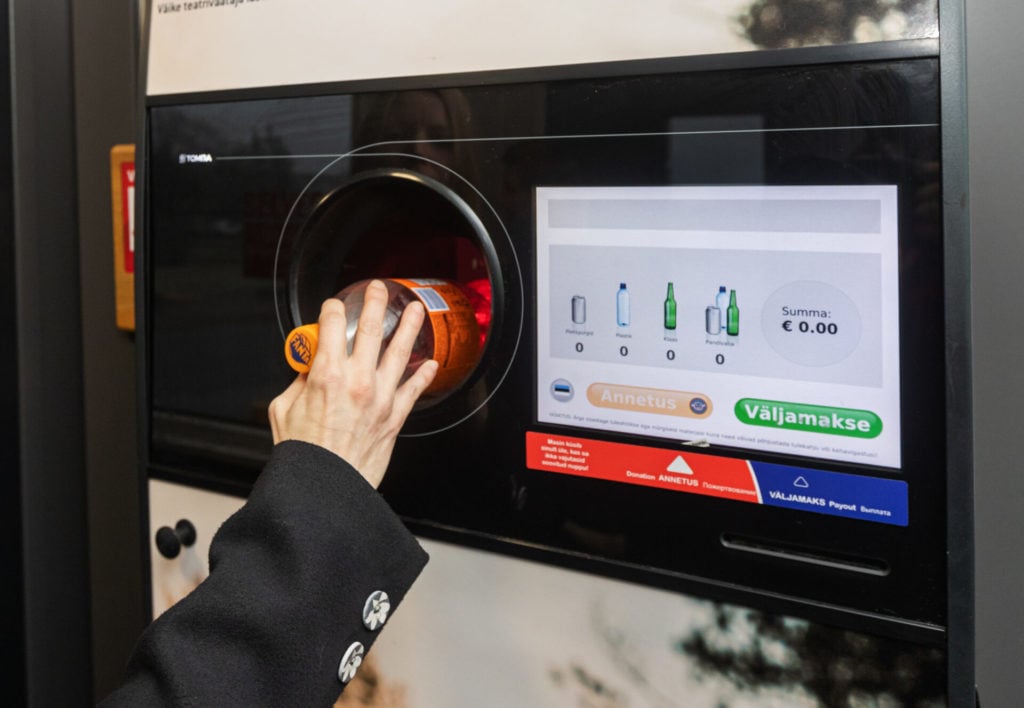
DRS is expected to increase collection and recycling rates in Vietnam, also transform its waste management.
Of course, challenges exist. Concerns about high implementation costs, system complexity, and consumer willingness are valid. But they are not insurmountable. That is precisely why piloting DRS in a geographically controlled area is so important. The upcoming pilot in Phu Quoc, supported by the Government of Norway and implemented by UNDP Viet Nam, offers a vital opportunity to test, learn, and adapt. It will generate much-needed data to inform policymaking and demonstrate what works in the Vietnamese context.
Moreover, a well-designed DRS can enhance Viet Nam’s existing waste management system. It encourages separation at source, reduces the burden on overloaded infrastructure, and improves overall efficiency. Importantly, DRS can and must integrate the informal waste workers, who play a pivotal role in Viet Nam’s recycling landscape. Ensuring that waste pickers are empowered will be essential to the system’s success.
Some may argue that the current regulatory environment is not yet ready for DRS. However, that is why piloting is essential. Real-world testing provides evidence needed to shape adaptive, effective legislation grounded in operational realities. More importantly, piloting DRS is fully aligned with Viet Nam’s long-term vision. Resolution 68-NQ/TW underscores the private sector as a driver of green growth and sustainable economic transformation. A DRS pilot, engaging both state and private actors, exemplifies this approach unlocking the collective potential of government, businesses, and citizens to transition toward a circular, self-reliant, and globally integrated economy.
The experiences of a DRS pilot can be reinforced through the National Plastic Action Partnership (NPAP) Viet Nam, the country’s largest multi-stakeholder platform dedicated to addressing plastic pollution. NPAP fosters collaborative public-private partnerships and drives innovation and policymaking by providing a shared forum for dialogues and strategies while scaling up evidence-based solutions.
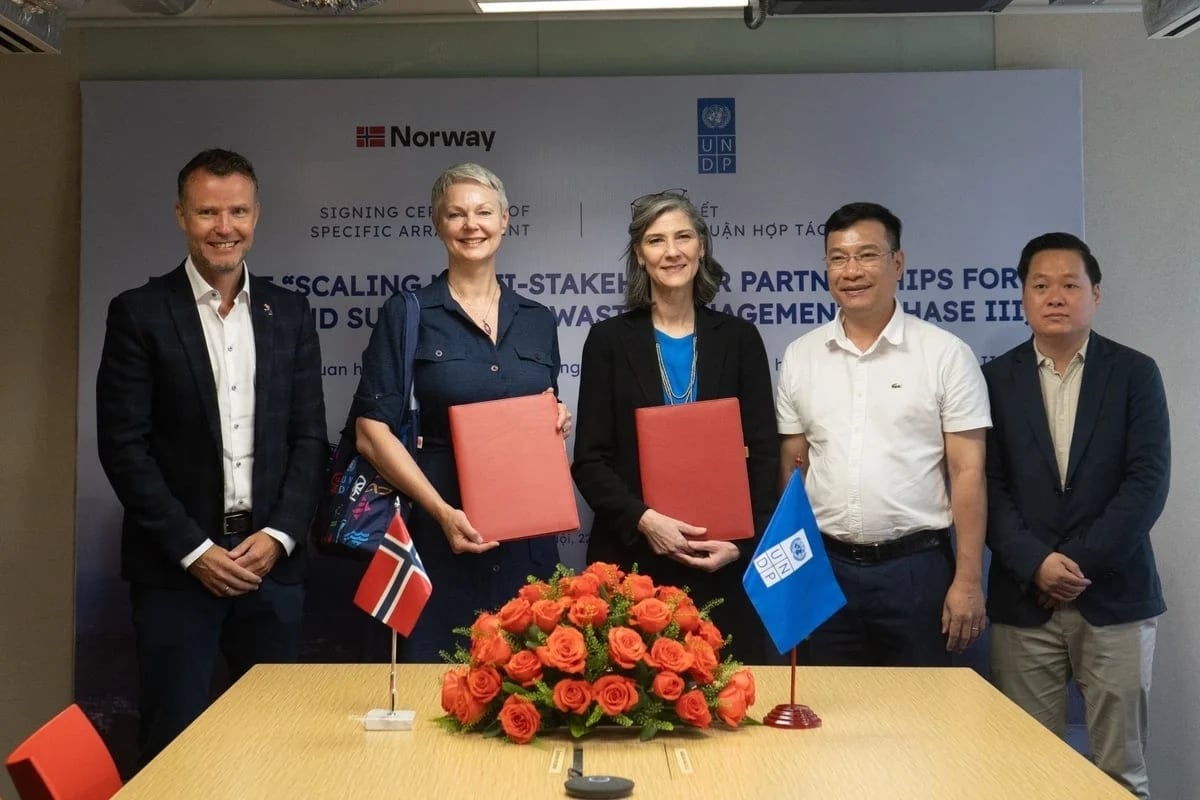
UNDP Vietnam and Embassy of Norway in Vietnam signed a cooperation agreement for the project titled "Scaling Multi-Stakeholder Partnerships for Circular and Sustainable Waste Management." Photo: UNDP.
The vision for bringing back DRS in Viet Nam is supported by strong and strategic partnerships. Since 2019, UNDP and the Government of Norway have worked closely to advance sustainable waste management in Viet Nam. Through joint initiatives in provinces such as Quang Ninh, Da Nang, Binh Dinh, Binh Thuan, and Binh Duong, we have piloted innovative models - from waste separation at source and material recovery facilities to research on co-processing and recycling infrastructure. Most notably, a pre-feasibility study on DRS, conducted by the Norwegian Embassy, has laid the groundwork for the upcoming pilot on Phu Quoc. These efforts show how international collaboration can unlock local impact while supporting national policy development in a transparent, inclusive transition toward a circular economy.
Viet Nam has consistently demonstrated its capacity to lead through innovation, collaboration, and determination. Piloting a Deposit Return System is an opportunity to turn that leadership into tangible action - building on smart policies, local solutions, and strong partnerships. It is a chance to align practical action with both national priorities and global sustainability goals.
As we move forward, UNDP and Norway reaffirm our shared vision: a cleaner Viet Nam, smarter resource use, and a circular economy that is inclusive, resilient, and leaves no one behind.
Ambassador of Norway to Vietnam | Officer-In-Charge, UNDP in Viet Nam
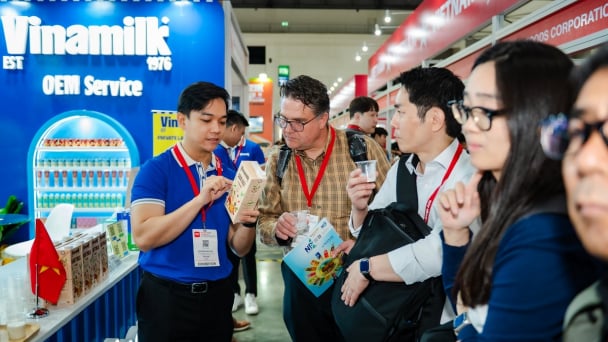
(VAN) At Thaifex Anuga Asia 2025, Asia’s leading food and beverage trade show, more than 170 Vietnamese enterprises are participating, with Vinamilk having been a consistent presence for nearly 20 years.
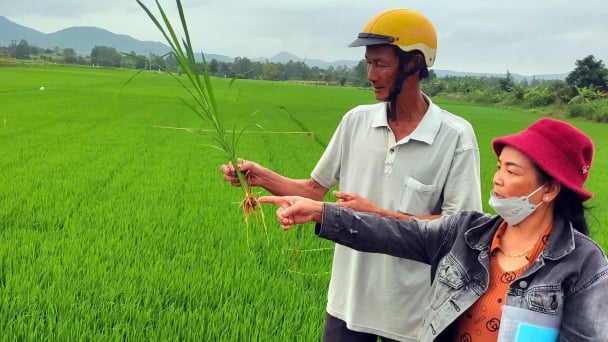
(VAN) On June 3, the Institute of Agricultural Environment organized a workshop titled 'Supporting greenhouse gas inventories in agriculture: Enhancing technical and governance insights for rice production in Vietnam'.
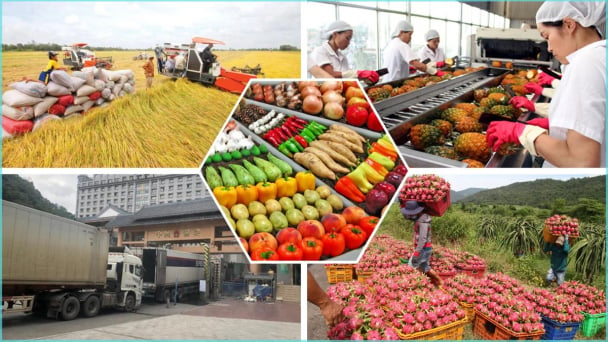
(VAN) In the first 5 months, the export turnover of agricultural, forestry, and fishery products rise significantly, thanks to a relatively stable domestic production and export market.
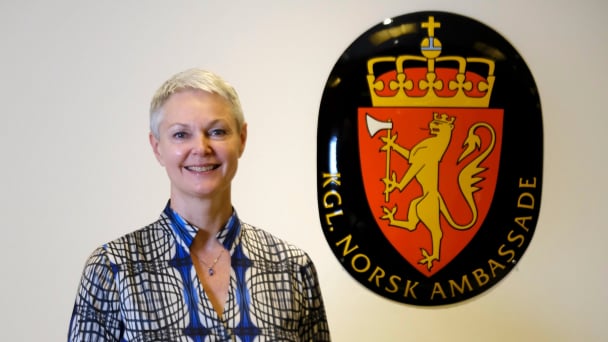
(VAN) According to the Norwegian Ambassador to Vietnam Hilde Solbakken, sorting waste at source and individual responsibility are key factors for sustainable waste management.
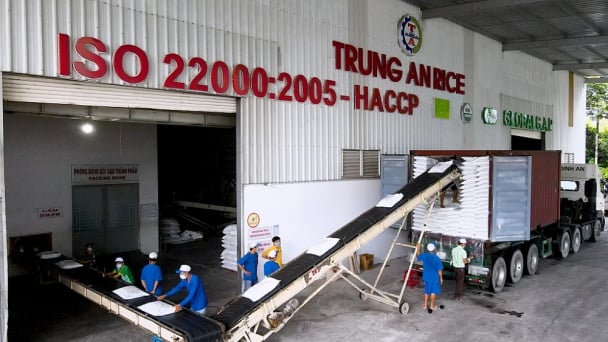
(VAN) On June 5, in Can Tho City, the Vietnam Rice Industry Association (VIETRISA) and Trung An Company will hold a ceremony to export the first shipment of 'Green and Low-Emission Vietnam Rice' to Japan.
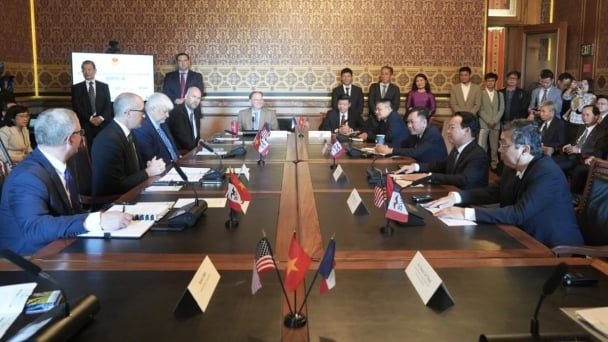
(VAN) Minister Do Duc Duy believes this event will mark the start of a new chapter in deeper cooperation between Vietnam’s agricultural sector and the state of Iowa.